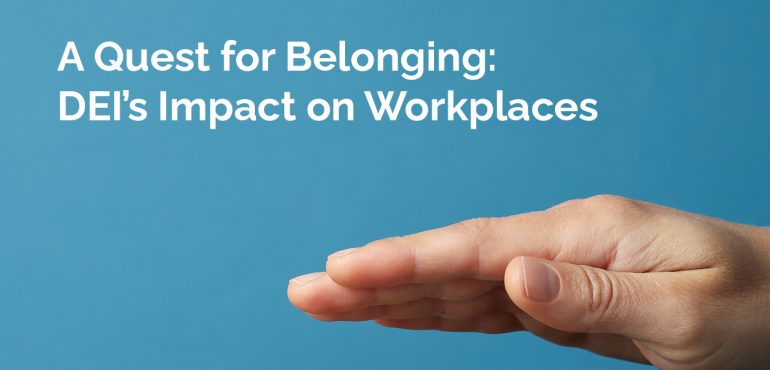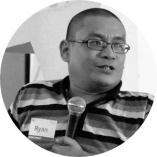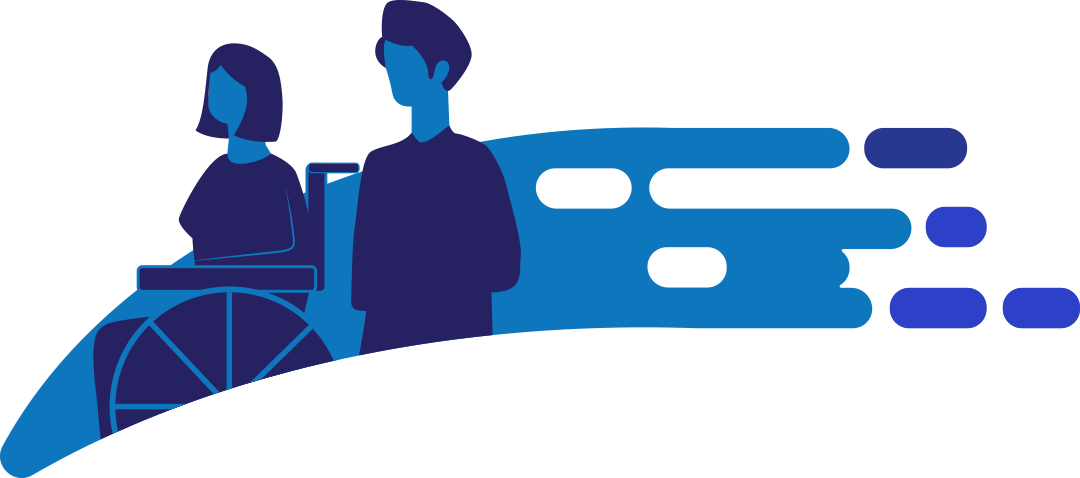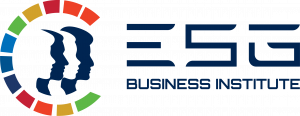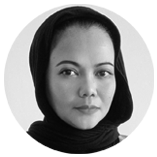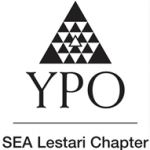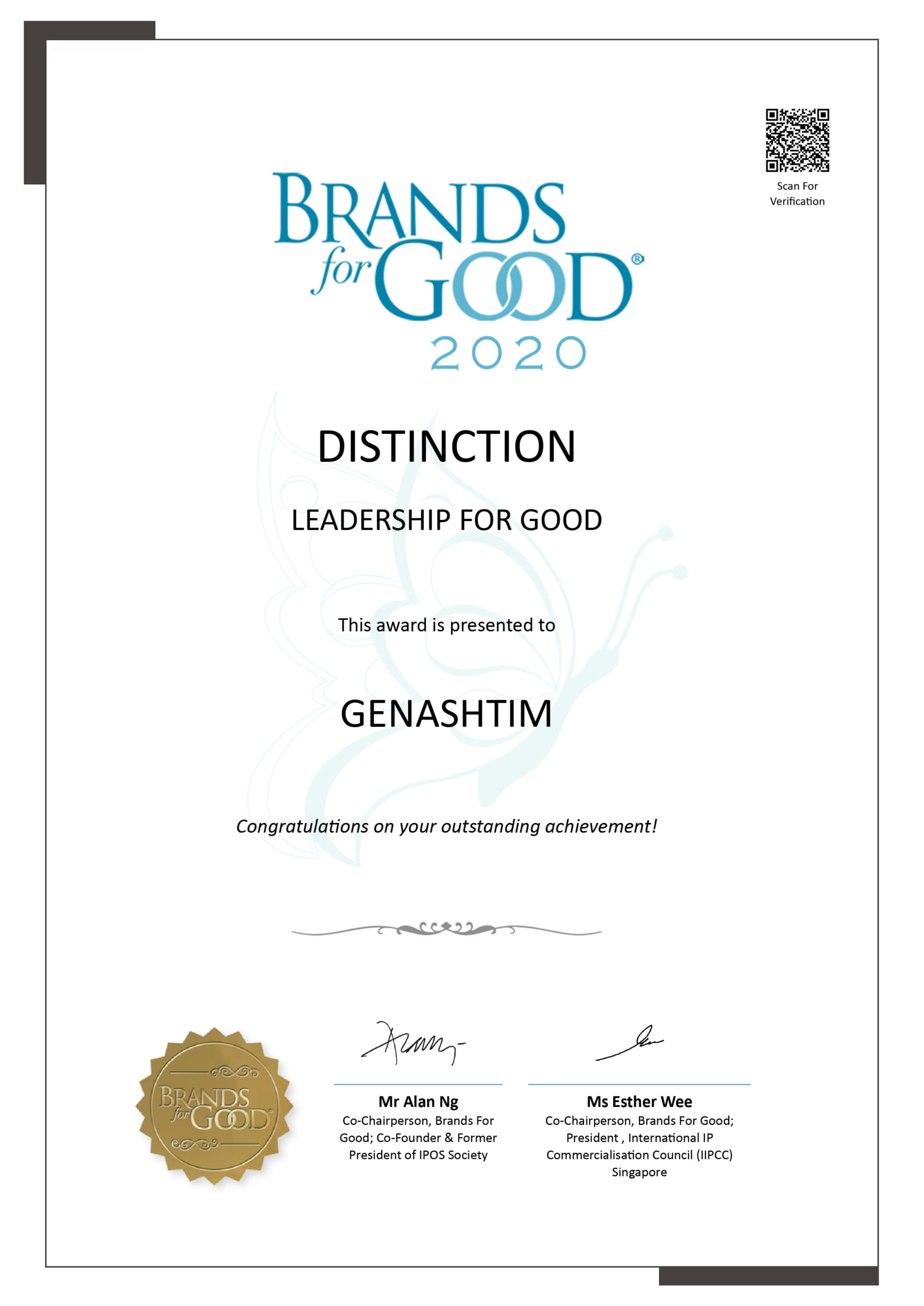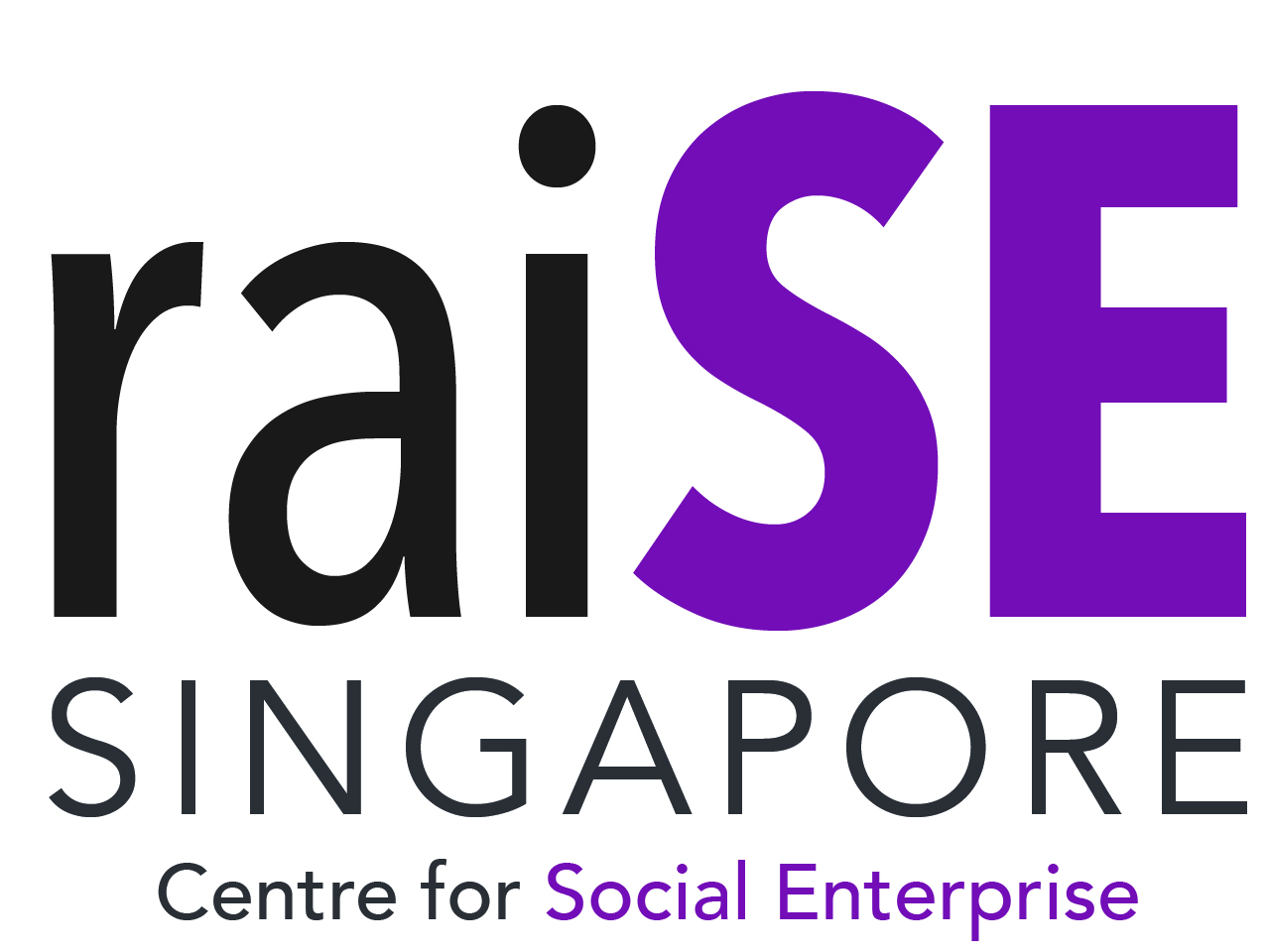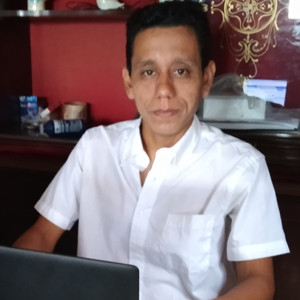A Quest For Belonging: DEI’S Impact On Workplaces
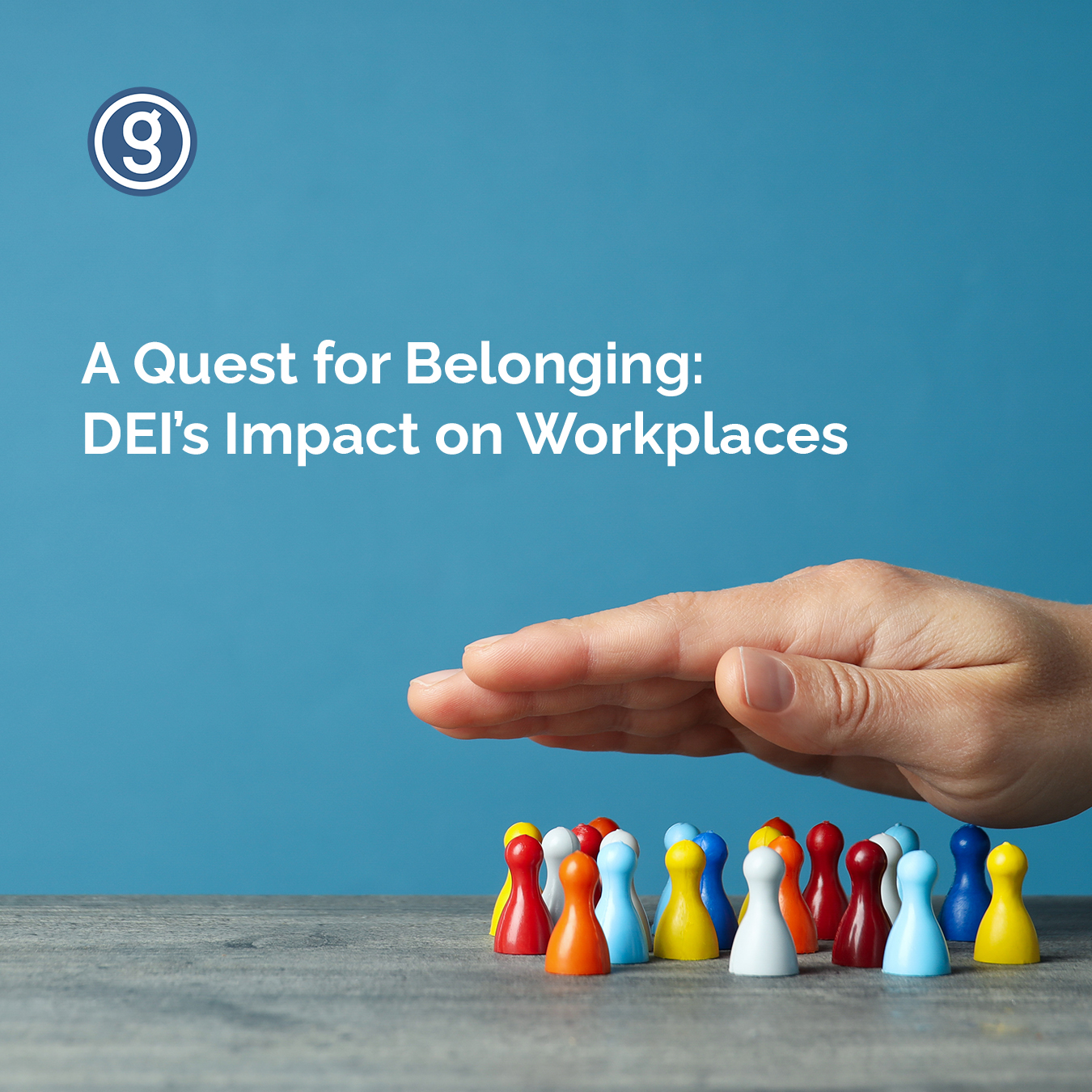
Discover how diversity, equity, and inclusion initiatives transform workplaces by creating a sense of belonging and fostering a community where everyone thrives.
As a member of a minority group, there is sheer exhilaration in witnessing fellow community members break through the confines of our immediate community, secure positions in offices, and venture into different cities. The joy that emanates when someone from my community acquires a space they were long deprived of is truly uplifting. This must be how South Koreans feel when they see the K-pop superstars BTS on screens in the USA or other countries. It’s the representation that reverberates making us feel recognized and accepted as a people.
Whether it’s a woman observing another woman ascend to a position of power, an LGBTQIA+ individual witnessing their community effecting change, or a person with a disability seeing another excel in their profession, there is a feeling of shared pride witnessing these moments. In these instances, there’s a collective sense of validation and progress.
For centuries, we’ve navigated hierarchical societies where invisible, yet rigid lines delegate roles from birth. It seemed as if societal roles were preassigned the moment one entered the world. For instance, looking back merely 40 or 50 years ago reveals a generation of men scoffing at the notion of women assuming leadership roles. The TV shows and movies from that era stand as stark reminders of the stereotypes various marginalized groups faced. However, barriers that seemed insurmountable just a few decades ago have now been broken.
The 21st century has brought about a revolutionary shift in global values, ideas, and ethics. Today, governments, societies, and businesses are actively striving to embrace diversity, promote equity, and foster inclusivity. This commitment reflects a collective recognition of the importance of breaking barriers and creating environments where every individual can thrive regardless of their background or identity.
Diversity, Equity, and Inclusion (DEI) is the term being used nowadays to introduce these concepts in our workplaces. The transformative power of DEI initiatives in the contemporary workplace unveils a landscape where these principles act as catalysts for positive change and progress. In today’s dynamic and interconnected professional environments, the emphasis on DEI is not just a trend; it is a strategic imperative with far-reaching implications for both individuals and organizations. So, what does the concept encompass?
- Diversity stands for the presence of various identities, backgrounds, and perspectives within a group or community. It involves recognizing and valuing differences in race, ethnicity, gender, sexual orientation, age, abilities, and more.
- Equity is about fair treatment and equal access to opportunities and advancements for all individuals, regardless of their backgrounds. Equity acknowledges that different people may require different levels of support to achieve similar outcomes.
- Inclusion initiatives create a culture and environment where all individuals feel welcomed, respected, and valued. Inclusion involves actively promoting and embracing diversity, and it goes beyond mere representation to ensure that everyone has a sense of belonging and can contribute fully.
The Transformative Influence of DEI on Communities
At the heart of DEI lies the recognition, celebration, and embracing of diversity to promote creativity and innovation and provide a more comprehensive understanding of the world we operate in. On the other hand, equity ensures fairness and justice. By promoting equity, organizations acknowledge that different individuals may require tailored support to achieve equal outcomes, contributing to a more level playing field for all. Finally, inclusion completes the DEI triad by creating a workplace culture where everyone feels a sense of belonging. It involves fostering an environment where diverse voices are not only heard but actively sought out and valued. Inclusive workplaces empower employees to bring their authentic selves to work, cultivating a positive atmosphere that allows every employee to contribute and participate fully in the development of the organization.
The impact of DEI is becoming apparent as organizations start to recognize that diversity, equity, and inclusion are not just ethical imperatives but also drivers of business success. Research consistently shows that diverse and inclusive teams outperform their counterparts in terms of innovation, decision-making, and financial performance. According to McKinsey & Company, organizations and businesses that have diverse and inclusive workforces are 35% more likely to outperform their competitors. Moreover, in an era where talent is a key competitive advantage, organizations prioritizing DEI are better positioned to attract and retain top talent. Employees are increasingly seeking workplaces that reflect their values and provide an inclusive environment where they can thrive. Based on a Glassdoor research,
more than 3 in 4 employees and job seekers (76%) recognize that a diverse workforce is an important factor when evaluating companies and job offers.
Such compelling evidence underscores that embracing diversity, equity, and inclusion is not just a moral obligation but a strategic imperative for organizations. The correlation between diverse, inclusive teams and heightened innovation, decision-making prowess, and financial success is irrefutable.
But Why Do Some Organizations Still Struggle With DEI?
Despite tremendous progress in the past decades, companies implementing DEI initiatives are still plagued by numerous challenges. Resistance to change from employees and leadership, driven by the perception that DEI initiatives deviate from established norms, can hinder progress. Implicit biases may still influence decision-making processes and impact hiring, promotions, and overall workplace dynamics. A lack of awareness and education among employees regarding the importance of DEI and their own biases can impede meaningful progress. Moreover, inadequate commitment from top leadership may result in insufficient resources and prioritization for DEI efforts. It is also majorly caused by tokenism, or superficial attempts to increase diversity without a genuine commitment to equity and inclusion which undermines the credibility of initiatives.
Nonetheless, building an inclusive culture takes time and effort which requires full commitment from everyone involved. Overcoming these challenges requires strategic planning, comprehensive education and training, dedication and adherence from leadership, and a focus on fostering an inclusive culture that addresses the unique needs and experiences of all individuals within the organization. It involves creating an environment where everyone feels valued, respected, and empowered to contribute, regardless of their background.
Genashtim: Empowering Underrepresented Voices
Amid discrimination, prejudice, and hopelessness, Genashtim emerged as a beacon of hope for those who had all the doors closed on their faces. A social enterprise, built in 2008, Genashtim was solely created to offer equal employment opportunities to marginalized groups, especially people with disabilities, who had little to no job opportunities in the market.
Today, more than 15 years after its inception, Genashtim stands as a testament to equity, advocacy, and resilience. The company employs marginalized individuals and promotes equal employment opportunities for all on every platform. To extend its DEI initiatives, Genashtim launched JEDI Jobs in 2021, to provide a platform for people with disabilities as well as other marginalized groups to meet global employers and gain meaningful employment.
From Diversity to Belonging: Creating a Sense of Community
At present, the quest for diversity, equity, and inclusion has evolved from recognizing differences to fostering a sense of belonging and community. With ever-changing societal challenges, organizations like Genashtim, stand as beacons of hope and resilience, advocating for marginalized groups and opening doors to equal opportunities. Genashtim has been instrumental in providing equal employment opportunities, particularly for individuals facing barriers due to disabilities.
Genashtim’s journey is a testament to the possibilities within the DEI realm, showcasing that we can build a more inclusive and empowered future by embracing diversity and providing equitable opportunities. It’s a reminder that every step taken, whether small or monumental, contributes to a broader movement aimed at creating a sense of belonging and community for all. In this pursuit, each effort counts, bringing us closer to a world where diversity isn’t just celebrated but where everyone truly feels they belong. Moreover, the transformative power of DEI signifies a collective shift in global values, ethics, and workplace culture. It’s about creating environments where everyone, irrespective of their background or identity, feels valued, respected, and empowered to contribute meaningfully.
